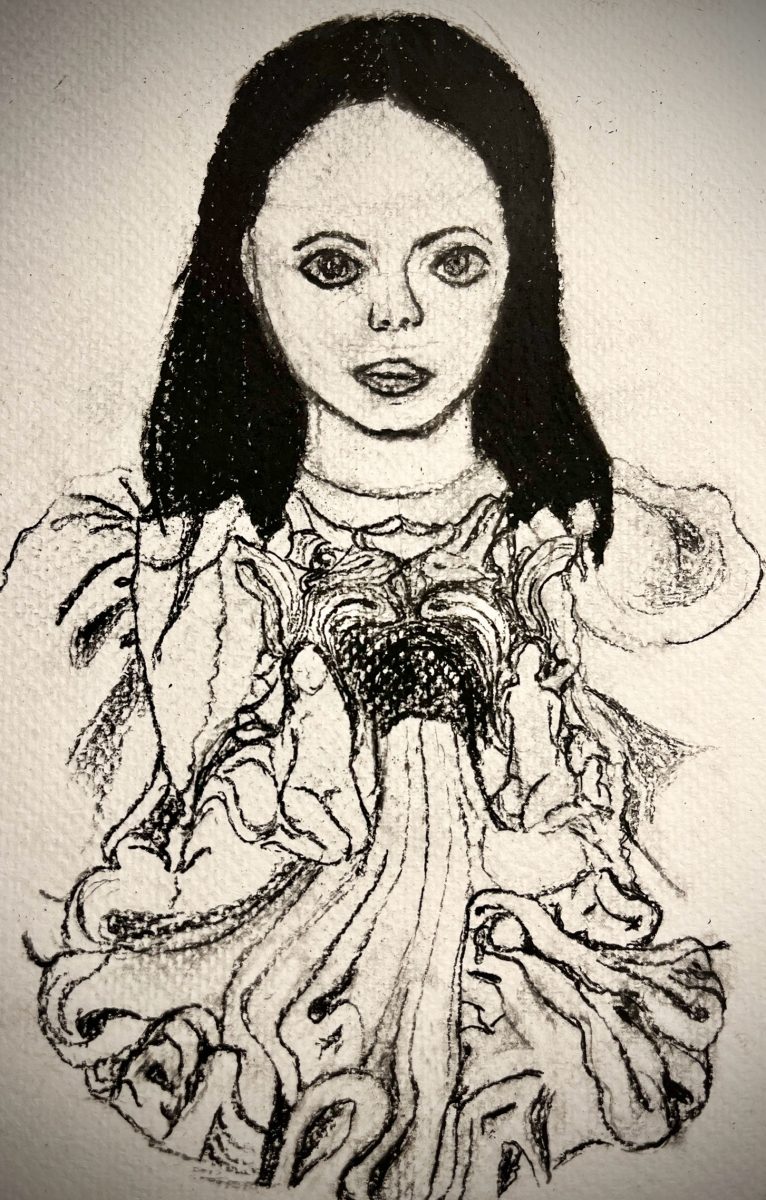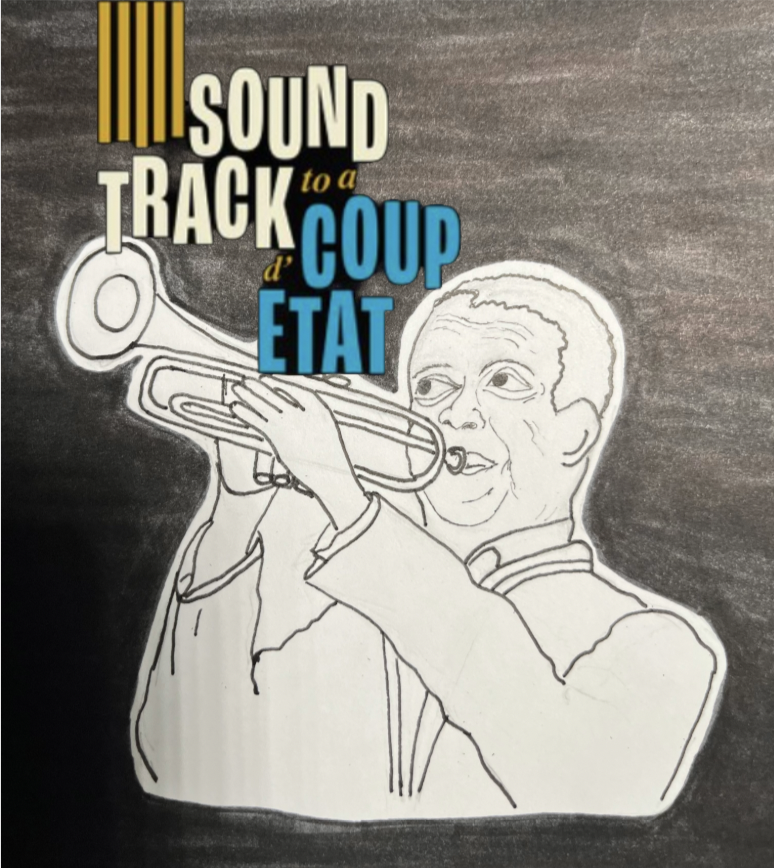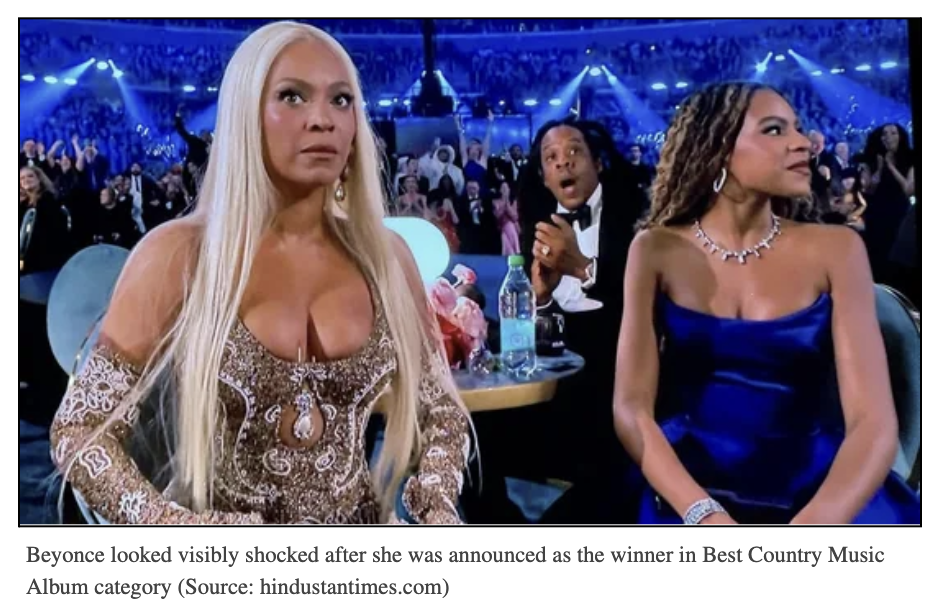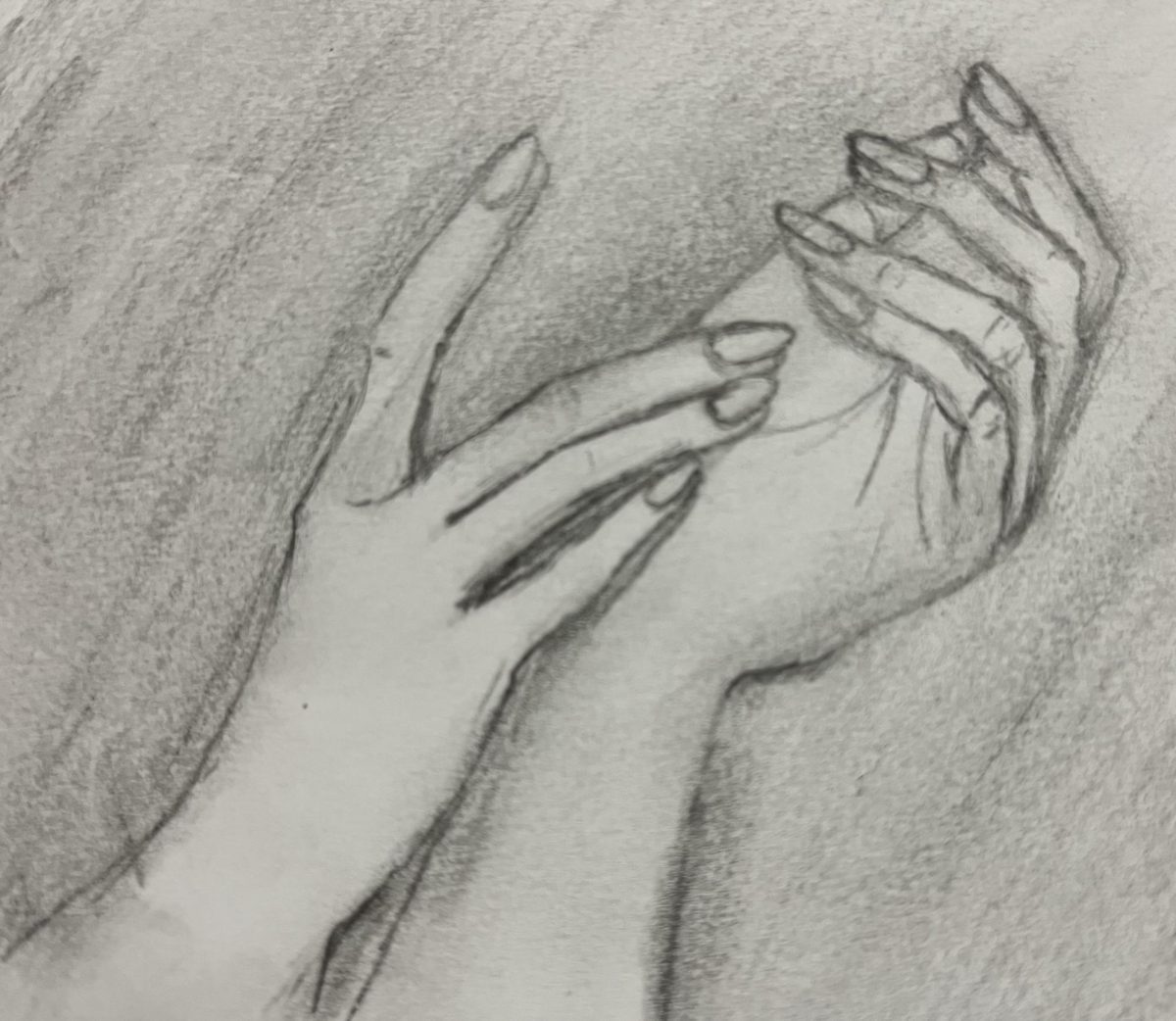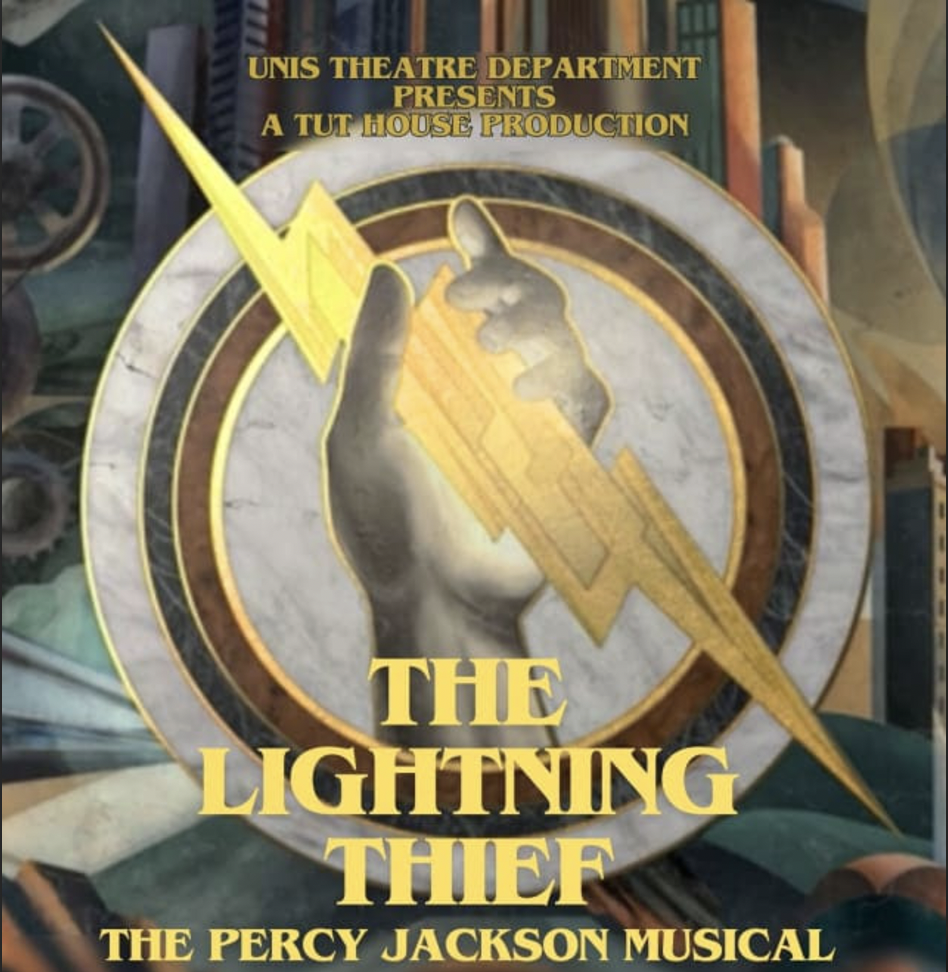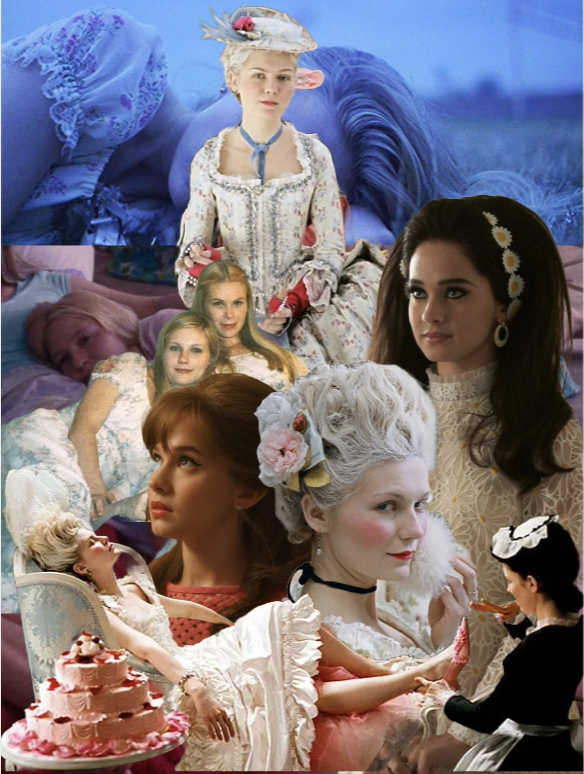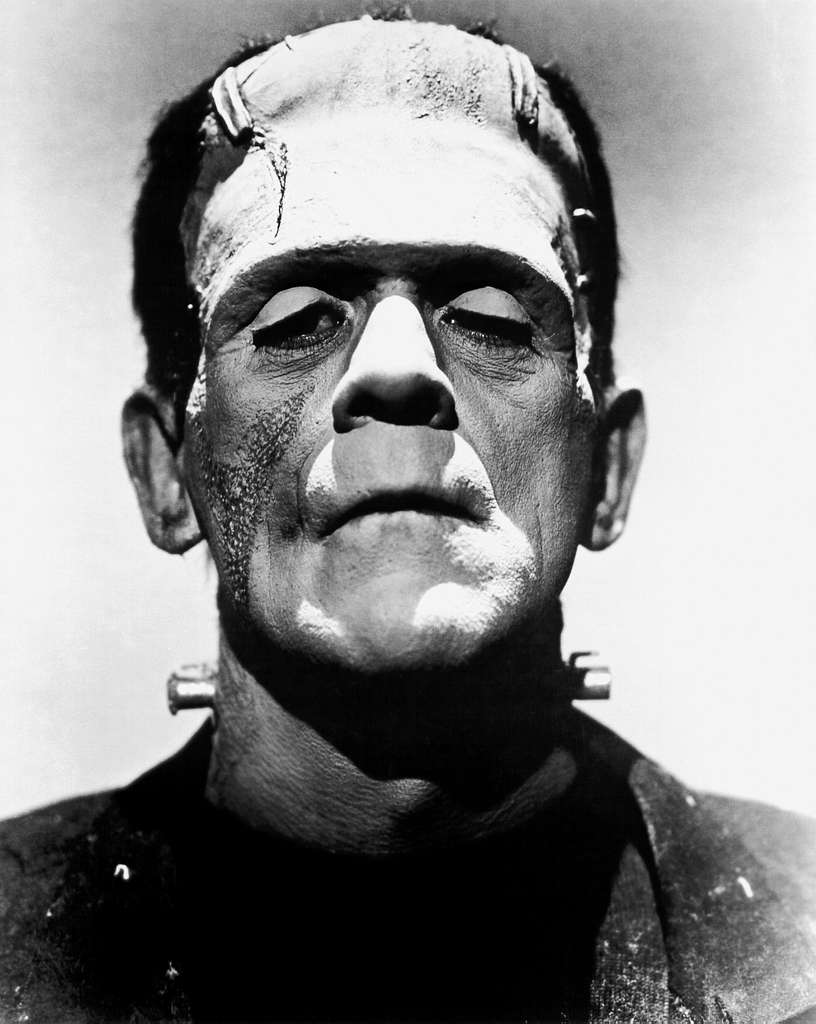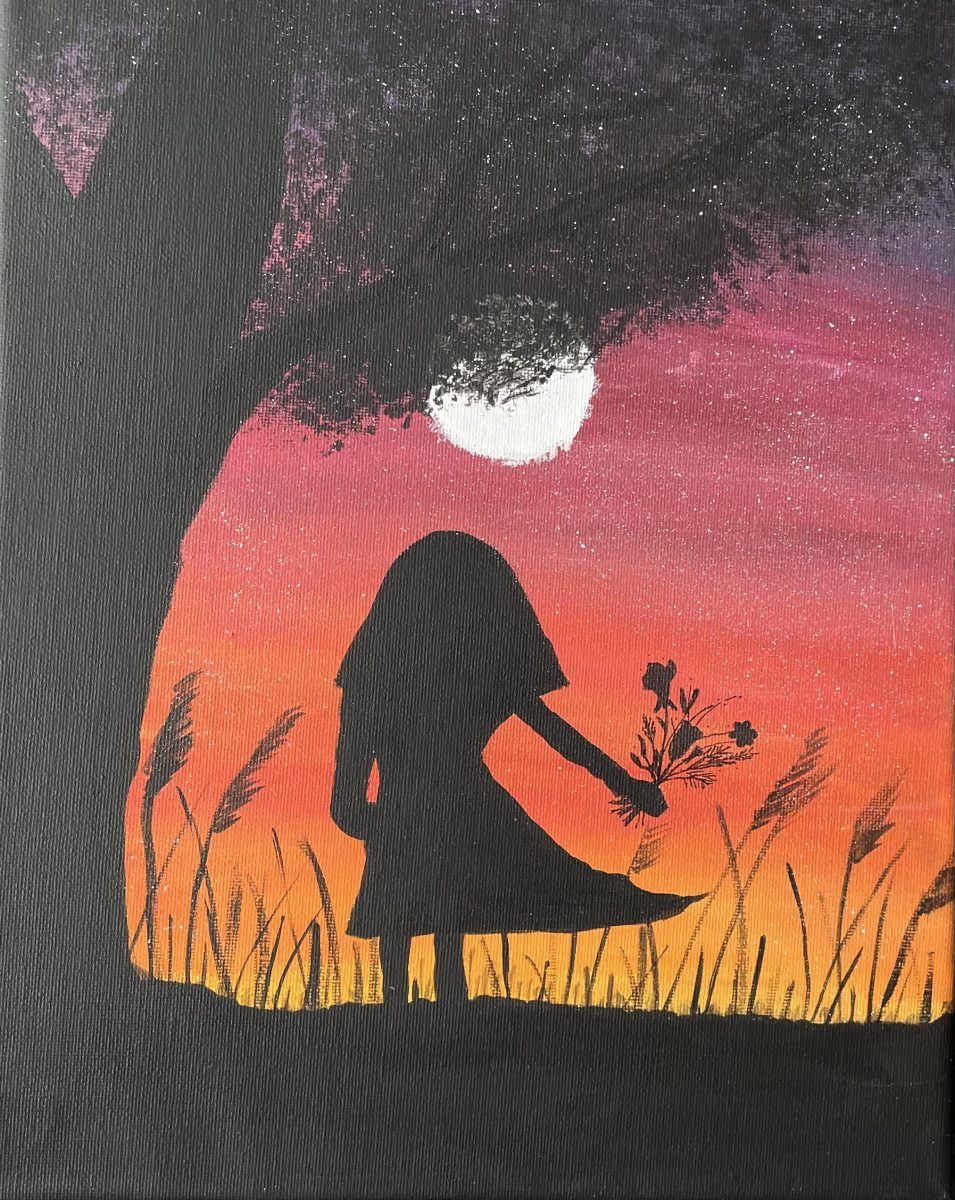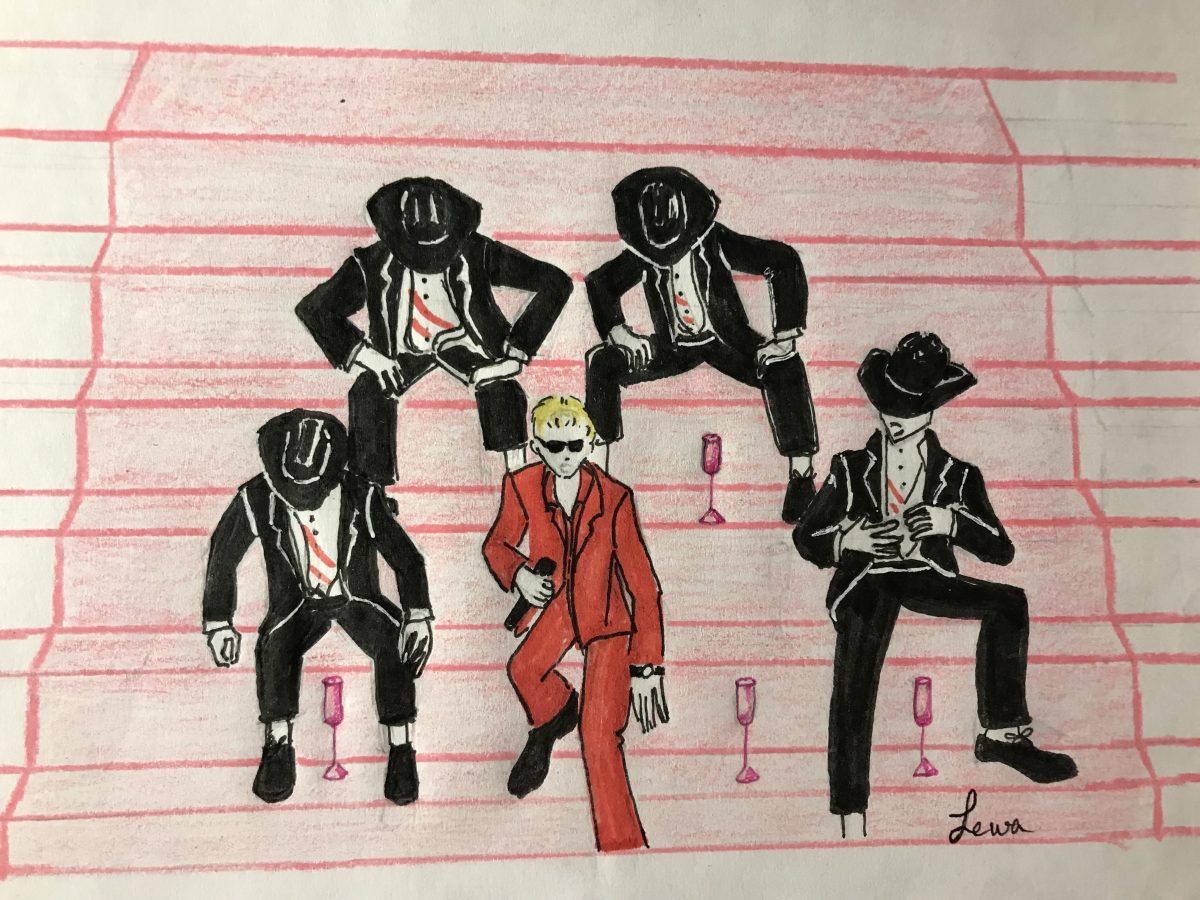Sometimes, girlhood can feel so absurd. Femininity is filled with conundrums that plague us incessantly. How do we interact with society and what roles does it expect us to play? How does the patriarchy influence our relationships? Above all, how do we break free of social pressures to redefine ourselves, find identity and agency, and forge our own futures? These enigmas elicit in return answers that are just as absurd, which can be found in the culture that surrounds us; in songs, paintings, and even movies like the Academy Award-winning picture Poor Things. Directed by Yorgos Lanthimos and featuring my personal hero, Emma Stone, the film masterfully fuses form and substance to portray a woman’s journey through a modern (and wonderfully strange) society as she navigates complex emotional and psycho-sexual relationships.
Poor Things follows the maturing of Bella Baxter, resurrected as a baby in an adult body by the unhinged and radical surgeon Dr. Godwin Baxter (played by William Dafoe). She embarks on a wild escapade with another man, Duncan Wedderburn (Mark Ruffalo), a sleazy and profligate lawyer who drags her from Lisbon to Alexandria to Marseille to Paris. On this journey, Bella grows up, meets new people, learns about the suffering of others, and endeavors to establish her own identity independent of any man or woman.

To be clear, this is anything but a conventional film. On the contrary, the producers employ a variety of innovative stylistic choices, all of which are shocking but also effective. Poor Things takes place in a realm that mirrors our own — except the mirror in question is made of warped, tinted glass. Awarded an Oscar for Best Production Design and marked by a singular psychedelic-Victorian aesthetic, the film features heavy historical influences, phenomenal color palettes, humans that burp bubbles, and bulldog-chicken hybrids. Not only is the production quality remarkable, but so is the editing style, which emphasizes experimental and dreamlike wide shots, and fish-eye camera angles. The costumes are equally imaginative—modernized Victorian pieces featuring babydoll dresses, puff sleeves, and an abundance of ruffles. Holly Waddington’s hard work clearly paid off, earning Poor Things an Academy Award for Best Costume Design!
This review wouldn’t be
complete without a nod to the film’s fabulous cast. Emma Stone, known for her leading roles in La La Land and Easy A, absolutely outdid herself with this one. Unsurprisingly, she was awarded the Oscar for Best Actress for her performace. Her curious and matter-of-fact demeanor was both humorous and engaging. Even though Bella had the brain of a baby, I related to her struggles when defining herself in the midst of the chaos

surrounding her. Nominated for Best Supporting Actor, Mark Ruffalo’s performance impressed me. I didn’t even recognize him as the debauched sleazebag he played; Duncan Wedderburn couldn’t be farther from Ruffalo’s traditionally wholesome roles (and I would argue that Bruce Banner/The Hulk fits in this category).

Poor Things is a must-watch for movie lovers like myself. Through its abstract, vivid, and fanciful cinematography, plot, costuming, editing, and set design, it took the somewhat banal concept of a woman discovering her identity and transformed it into something meaningful. Whether it was the fact that she was treated as a doll to study and control, or an object to play with on a whim; her unquenchable yearning to learn and develop; or simply the absolute absurdity of her interactions, I think that all girls and women can see at least a part of themselves reflected in Bella Baxter and her experiences. I related to Bella’s trials, blunders, and triumphs—her struggle to break away from social pressures and gender roles, to come to terms with the suffering and corruption that coexist at the foundations of humanity, and to fully understand who she had been and who she wanted to become. In short, Poor Things is a captivating and thought-provoking exploration of identity, societal expectations, and the absurdity of girlhood—one I highly recommend for anyone seeking a unique and impactful cinematic experience.



